No Litter, No Fuss: Japan’s 10 Secrets to a Cleaner, Greener World
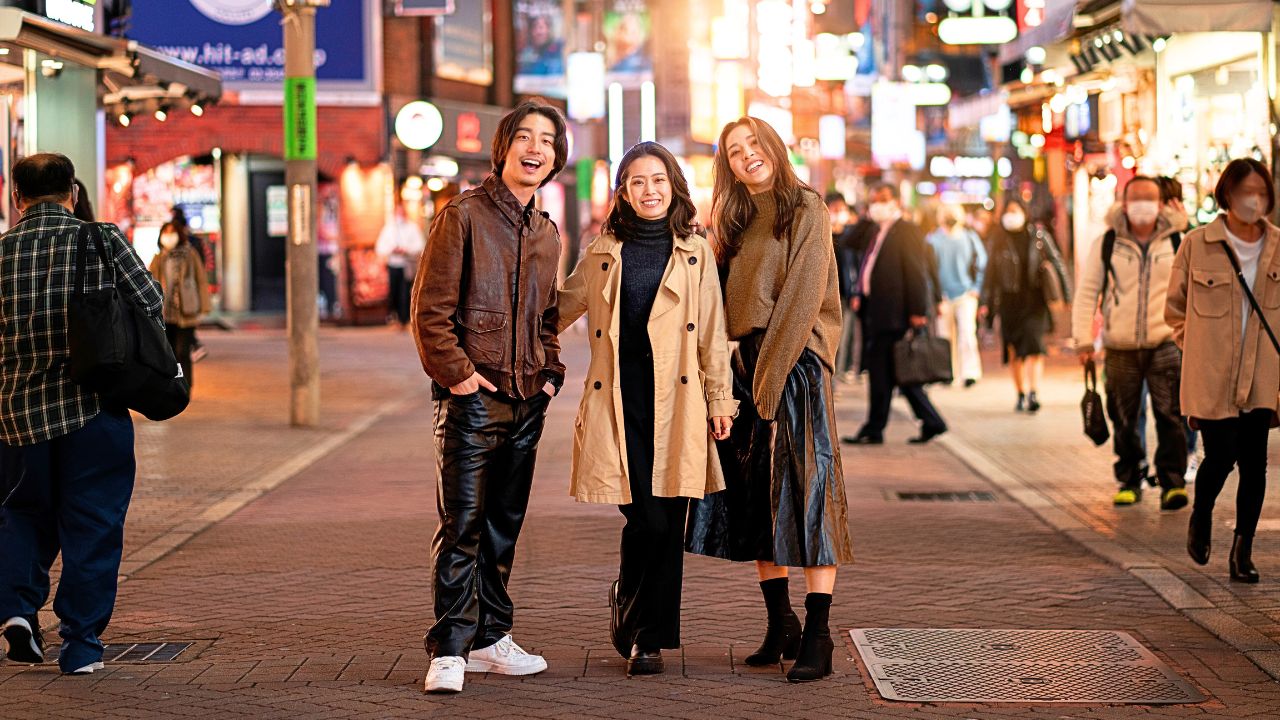
Japan is one of the cleanest countries in the world but it didn’t get that way through flashy government campaigns or expensive tech. The secret lies in everyday habits, deep-rooted cultural values, and a shared sense of respect for public spaces. From spotless streets to meticulously sorted trash, Japan shows how quiet discipline and community pride can lead to a cleaner, greener world. Here are 10 ways Japan makes it happen without making a fuss.
1. Fewer Trash Bins, More Responsibility
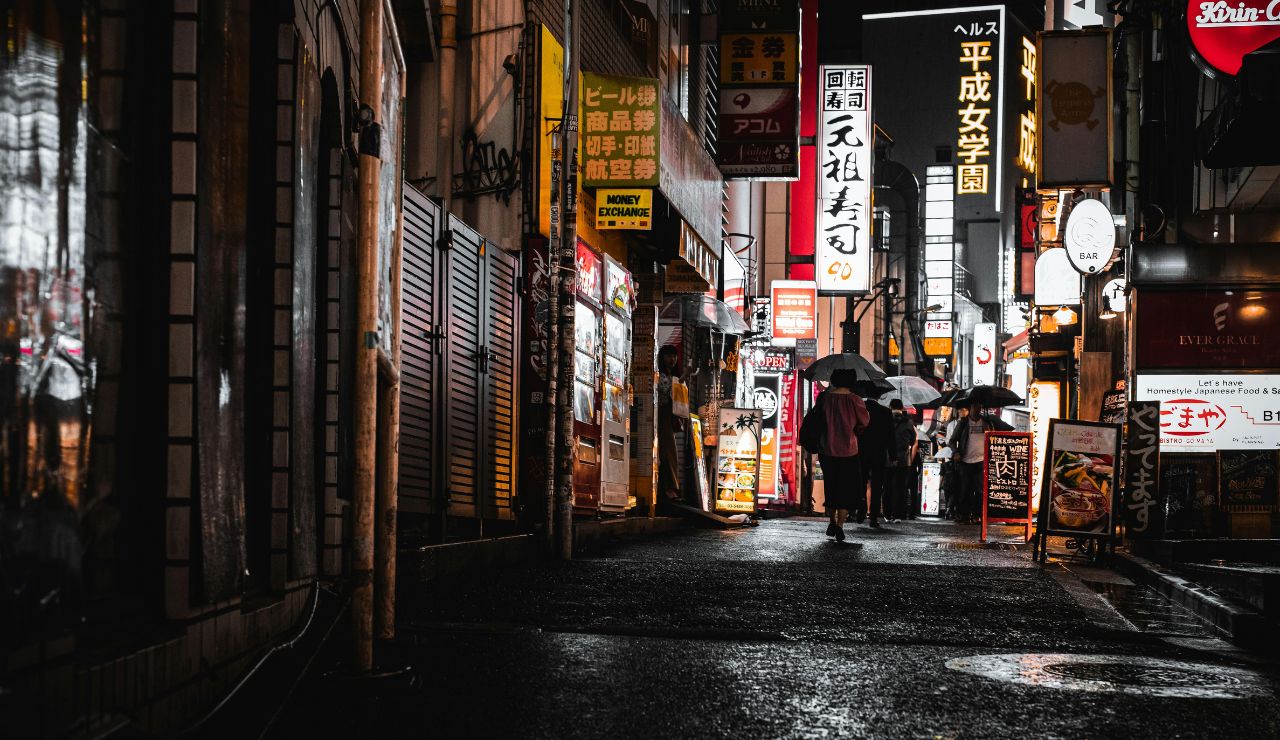
You’ll notice something odd when walking through a Japanese city, there are barely any public trash cans. Instead of tossing garbage at random, people are expected to carry it home. This small inconvenience has a big impact, it forces personal accountability. Rather than relying on public infrastructure, cleanliness begins with individual responsibility. Visitors quickly learn to stash their wrappers and bottles until they find the right place to dispose of them properly.
2. Pack-In, Pack-Out Mentality

Whether it’s a picnic in a city park or a hike through remote mountain trails, the rule in Japan is clear, what you bring in, you take out. This “pack-in, pack-out” philosophy is more than just good manners, it’s a deeply rooted social value. Across the country, families are often seen collecting their own waste and even picking up trash left by others, leaving public spaces spotless. It’s not uncommon for children to be taught from a young age that caring for nature is everyone’s responsibility. The result? Parks, riversides, and trails that remain impressively clean, not because of constant cleanup crews, but because people genuinely care.
3. Strict Trash Sorting Rules
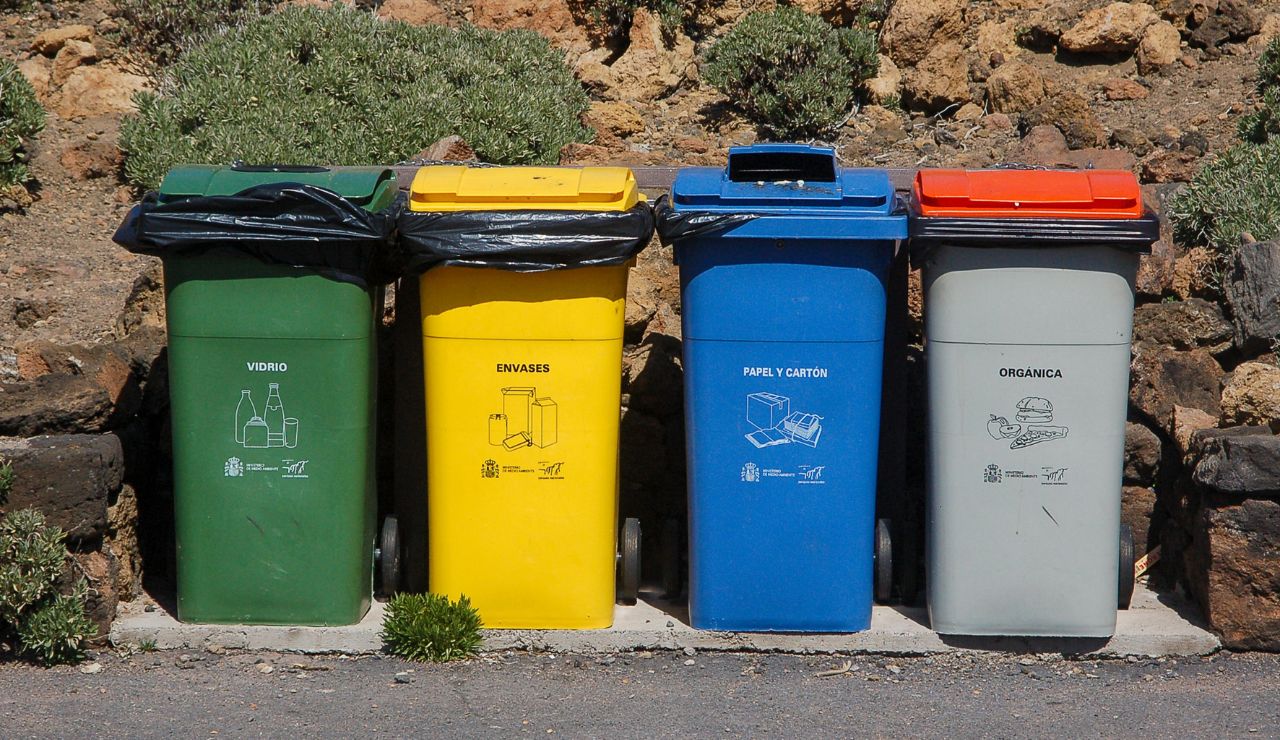
Throwing something away in Japan isn’t just about tossing it in a bin, it’s a deliberate act. Households are required to separate trash into detailed categories like burnable, non-burnable, PET bottles, cans, glass, and even different types of plastics. Each category has its own collection day, and improperly sorted waste may be left uncollected. While it can seem confusing at first, the system is designed to instill mindfulness. By forcing people to confront what they throw away and when, it encourages smarter purchasing, better recycling habits, and a culture that prioritizes reducing waste at the source.
4. Cleanliness as a Cultural Norm

In Japan, cleanliness goes far beyond hygiene, it’s deeply tied to social responsibility and respect for others. Removing shoes at the entrance, carrying personal hand towels, and refraining from eating while walking are everyday norms rooted in courtesy. Littering isn’t just discouraged, it’s considered a sign of selfishness and disregard for the community. People don’t wait for custodians or city workers, they proactively clean up after themselves and sometimes even after others. This shared sense of accountability creates a powerful social contract where clean public spaces symbolize mutual pride, discipline, and national identity.
5. School Kids Clean Their Classrooms

In Japan, cleaning isn’t just a chore, it’s part of the curriculum. From elementary school onward, students engage in daily cleaning routines known as souji. Without janitors, children sweep hallways, scrub toilets, and wipe down desks together. This isn’t seen as discipline but as a way to build character. It teaches respect for shared spaces, cooperation, and humility. By caring for their environment firsthand, students develop a lifelong habit of tidiness and responsibility. These early lessons ripple into adult life, where citizens take pride in maintaining clean neighborhoods, workplaces, and public areas.
6. Volunteer-Led Neighborhood Sweeps
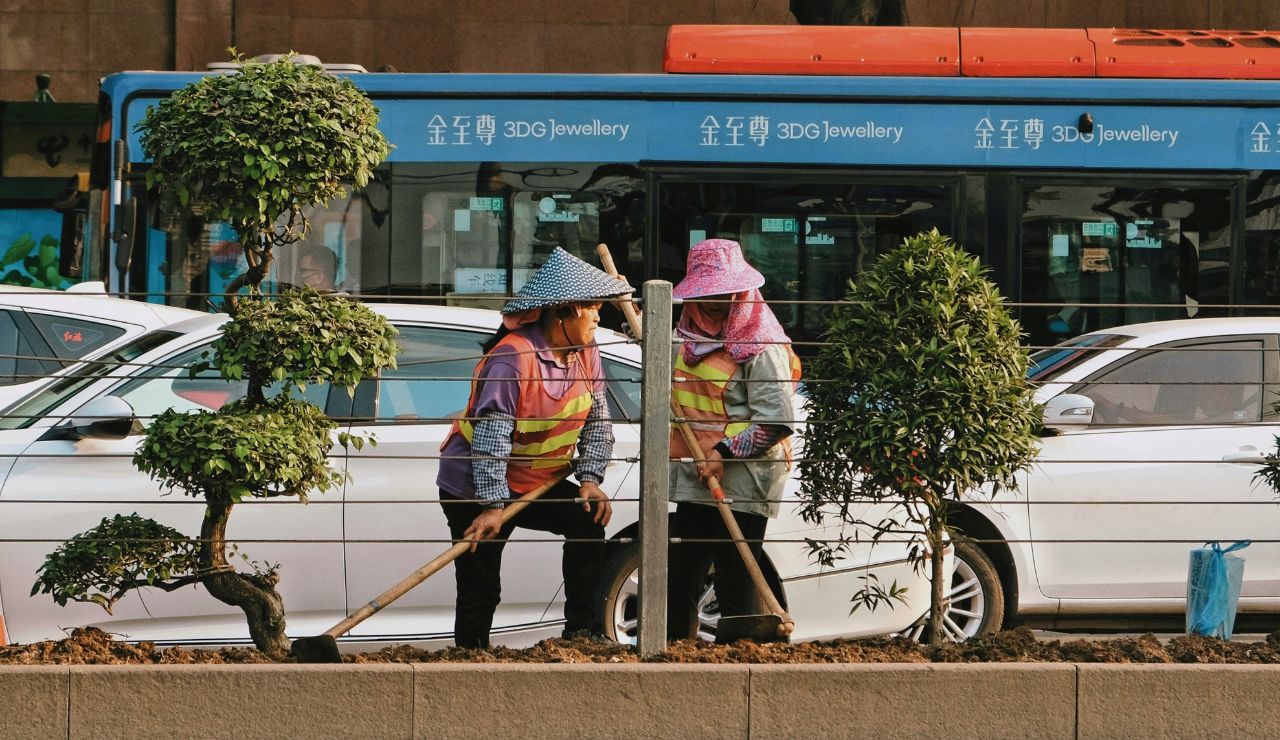
Across Japan, community pride is expressed through regular neighborhood cleanups. Residents voluntarily gather weekly or monthly to sweep streets, pick up litter, and tidy parks and sidewalks. These civic efforts aren’t mandated, they’re motivated by a shared sense of responsibility. Local governments may provide tools like gloves, trash bags, and tongs, but the drive comes from the people. Children, parents, and seniors often work side by side, fostering intergenerational bonds. These collective cleanups strengthen social cohesion while reinforcing the cultural belief that maintaining a clean environment is a shared, everyday duty.
7. Public Shame Deters Littering
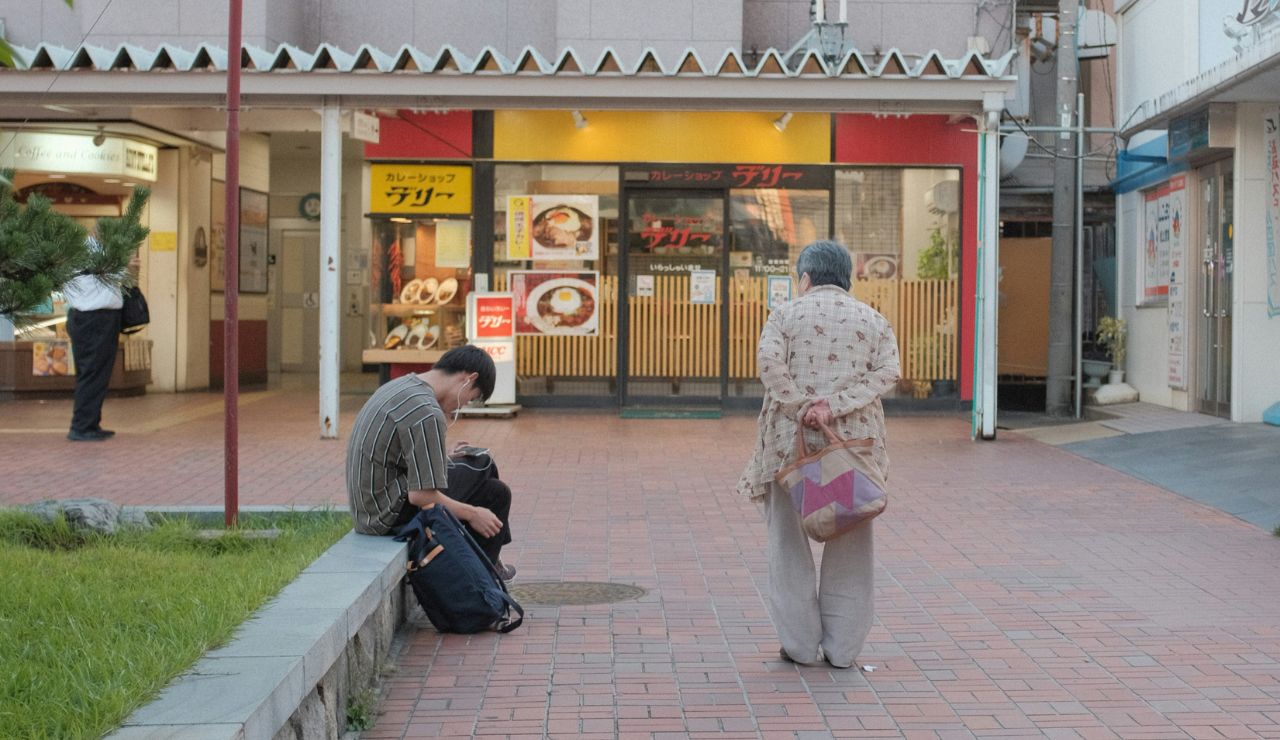
Japan’s cleanliness isn’t enforced by harsh penalties, it’s upheld by the power of silent social pressure. Instead of fines or confrontations, those who litter may receive nothing more than a few disapproving glances or a quiet stare. Yet that’s often enough. In a culture that places high value on harmony, respect, and avoiding public shame, even subtle judgment can be a powerful motivator. The fear of disrupting social order or appearing inconsiderate keeps most people in check. It’s a quiet, collective expectation that nudges individuals to act responsibly not because they must, but because they feel they should.
8. Minimal Packaging, Max Recycling
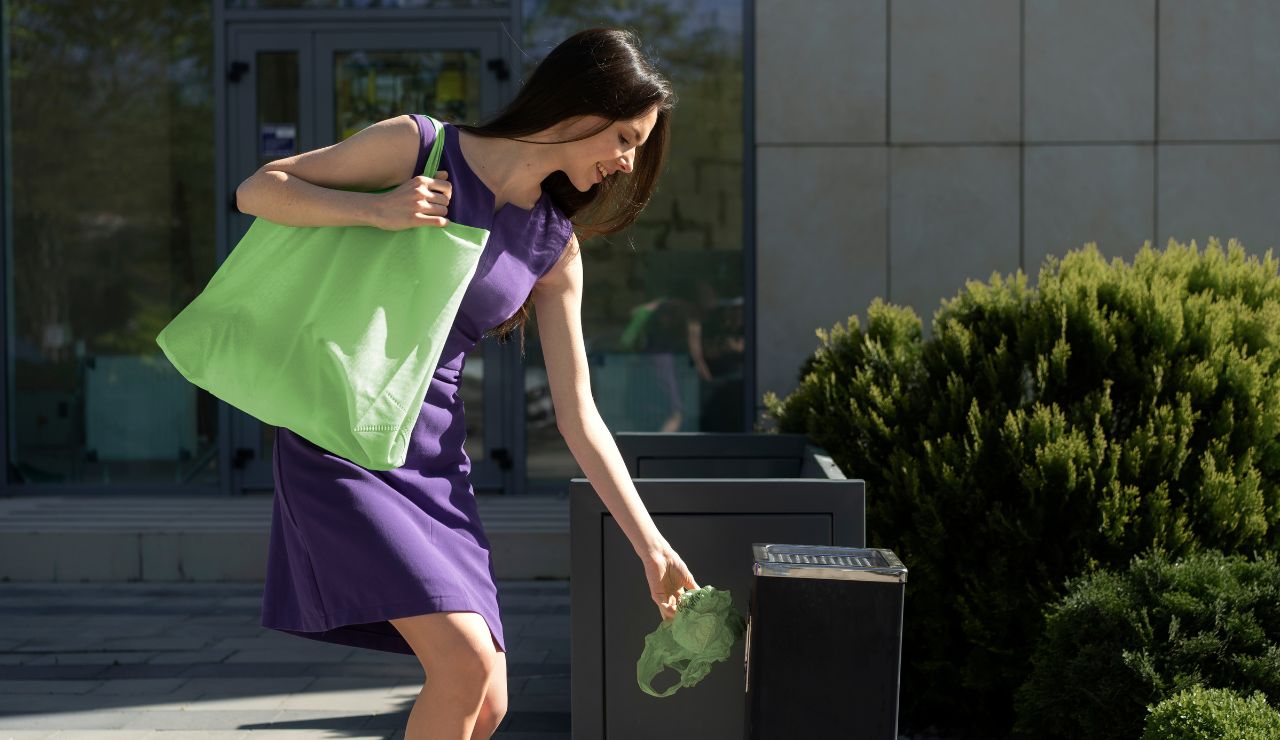
Despite its love for packaging, Japan leads the way in disciplined, thoughtful recycling. Every item bottles, cans, plastic trays is clearly labeled with its proper disposal category, and residents follow the system with care. Supermarkets often have designated areas where customers can strip excess packaging and sort it before leaving. Even convenience stores and vending machines provide labeled bins for on-the-spot sorting. It’s a system built on education, habit, and community responsibility. In Japan, recycling isn’t just a chore, it’s a shared effort to complete the lifecycle of products with purpose and respect for the environment.
9. Pride in Public Spaces
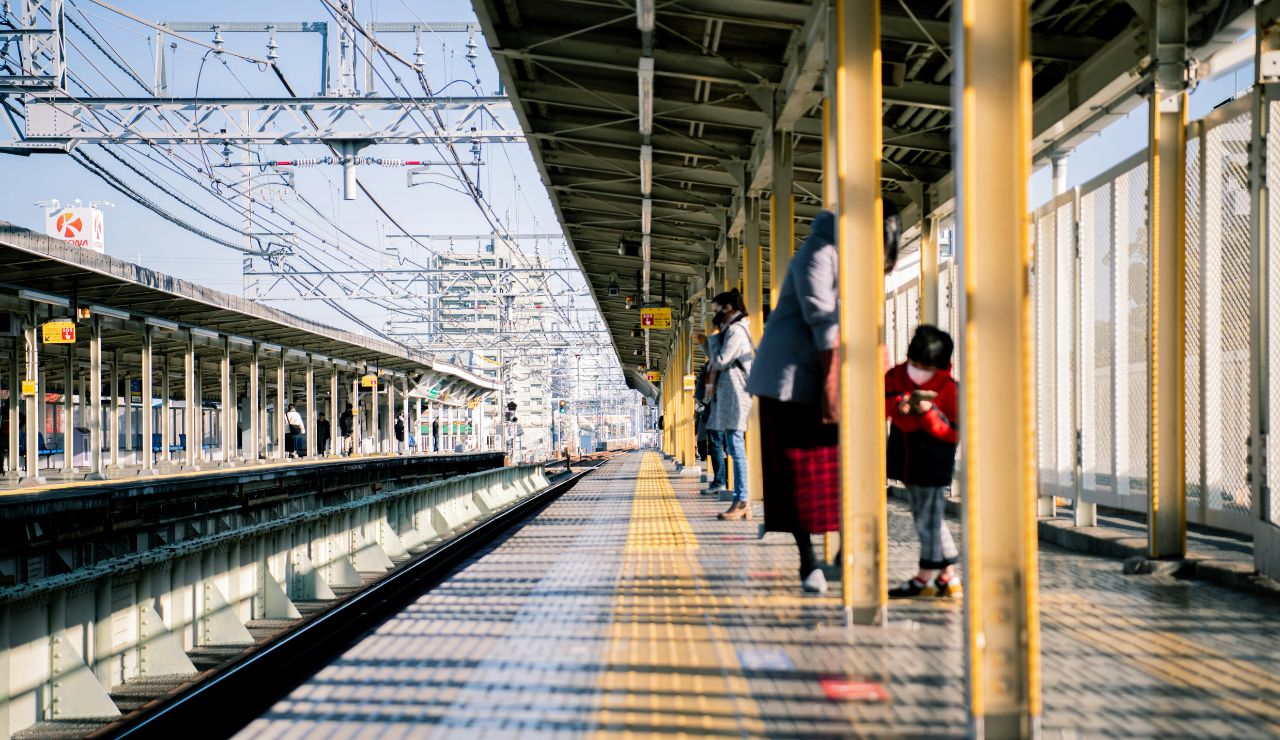
Strolling through a Japanese park or train station, you’ll likely be struck by the near absence of litter. It’s not magic, it’s a deep sense of ownership over public space. In Japan, cleanliness isn’t just the city’s job, it’s everyone’s responsibility. People feel a quiet pride in keeping shared areas neat, whether it’s sweeping outside a shop or ensuring no trash is left behind on a bench. This mindset isn’t about recognition, it’s about doing the right thing because it reflects on the community as a whole. Clean spaces aren’t just expected, they’re a point of cultural honor.
10. Quiet but Powerful Eco-Innovation
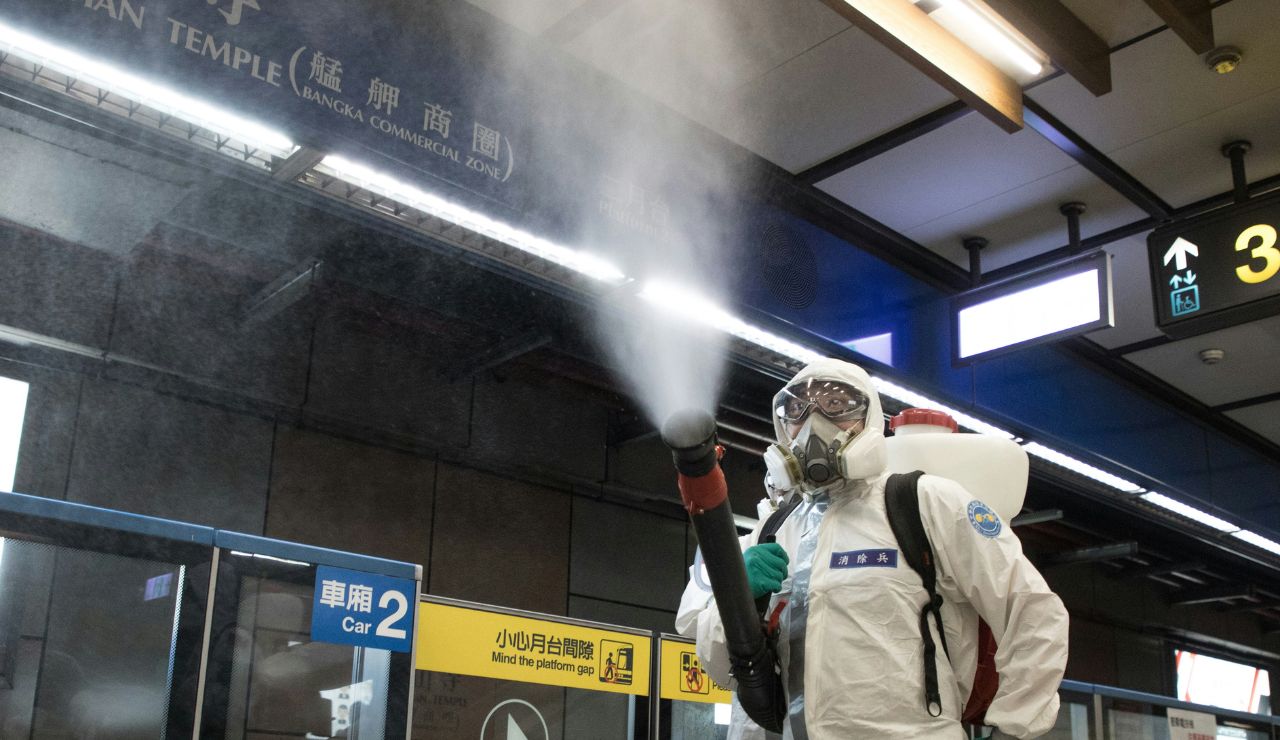
Japan quietly leads in eco-innovation, blending tradition with cutting-edge tech to keep things clean. High-efficiency incinerators reduce landfill waste, while composting toilets serve remote trails without harming the environment. In urban areas, you’ll find odorless recycling stations, automated street sweepers, and even robots that clean train platforms. These technologies don’t excuse laziness, they enhance a culture already committed to cleanliness. Instead of choosing between heritage and progress, Japan fuses both, creating a system where sustainability feels natural, not forced.